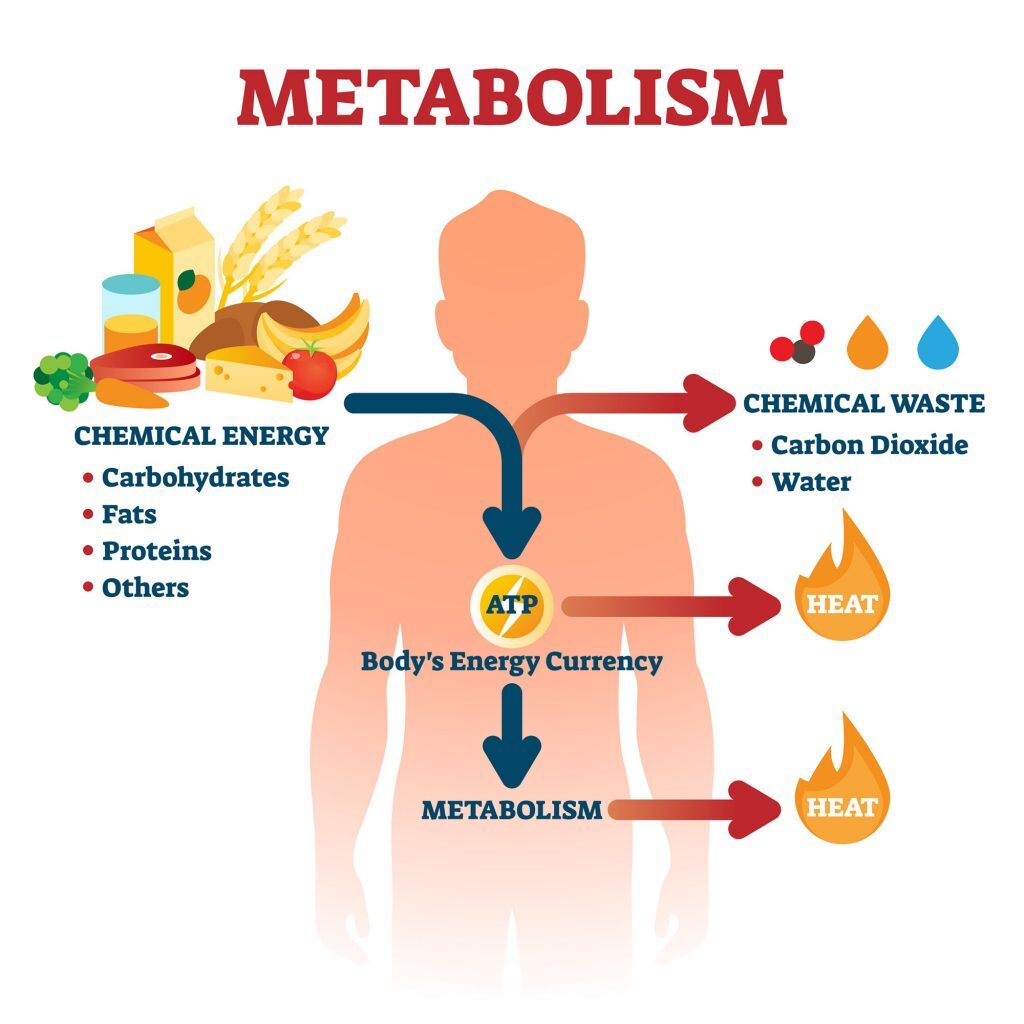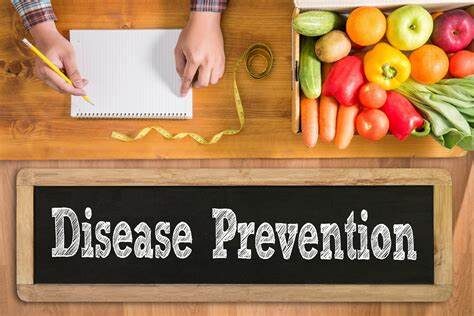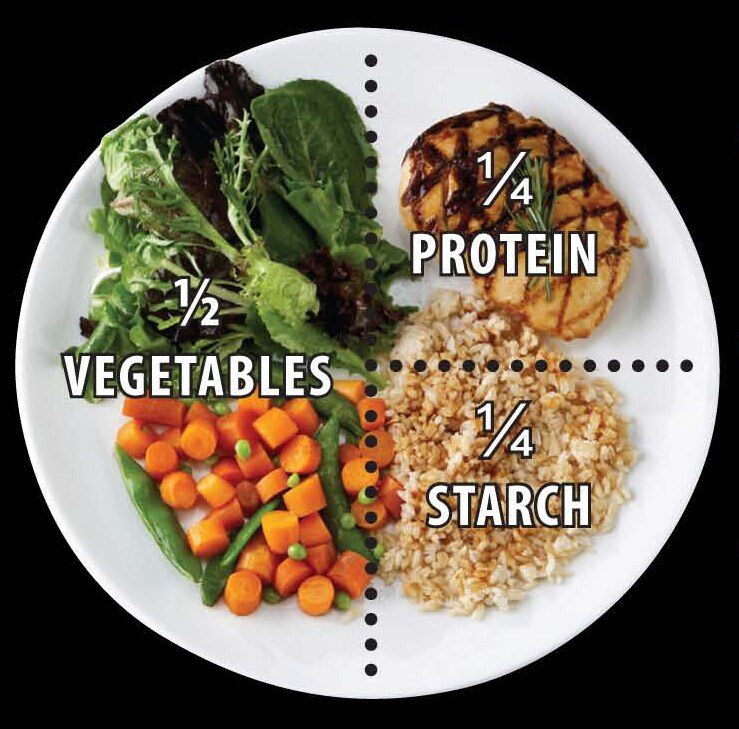Introduction
Food and health are inextricably linked, with our dietary choices playing a pivotal role in shaping our overall well-being. A balanced and nutritious diet is essential for maintaining optimal physical and mental performance, preventing diseases, and promoting growth and development. Let us go through the various nourishing food choices for weight management and overall well-being.

In the pursuit of a healthy lifestyle, making nourishing food choices plays a pivotal role in achieving weight management and overall well-being. This article explores the importance of mindful eating and provides insights into selecting nutrient-dense foods that promote a balanced and sustainable approach to health.
Balanced Nutrition
At the most basic level, nutrition is about eating a regular, balanced diet. Good nutrition helps fuel your body. The foods you eat supply the nutrients your body needs to maintain your brain, muscle, bone, nerves, skin, blood circulation, and immune system. Proper nutrition also helps protect you from illness and disease, such as heart disease, diabetes, cancer, and osteoporosis.
Energy and Metabolism

Metabolism is the process by which your body converts consumed food and beverages into a source of energy. Energy balance refers to the relationship between calories taken into the body and calories being used in the body (i.e., physical activity) for our daily energy requirements. According to Cleveland clinic, there are many factors that affect this.
Proper nutrition helps keep energy levels up and protects against many age-related illnesses and diseases like heart disease, cancer, and diabetes.
Weight Management

There are many unhealthy misconceptions about weight loss but to reduce your weight, and keep it off, you need to make small, achievable changes to your lifestyle.
If you are carrying excess weight, changing the way you eat and increasing your physical activity, in a way that you can continue with over the longer term, is the best way to lose and maintain weight loss.
To maintain a stable weight, your energy (kilojoule) intake needs to equal the energy you use. If you use more energy than you consume, you will lose weight.
On the other hand, if you eat more than you use, you will gain weight. Small imbalances over long periods of time can cause you to become high weight.
Read More Posts Like This…
- How to Make a Budget-Friendly Meal Plan
- How to Cook Delicious Meals with Turmeric
- Side Effect of Garri
- Nutrition Tips for Effective Weight Management and Portion Control
Disease Prevention
Being high weight increases our risk of many diseases. In Australia, around 75% of men and 60% of women are carrying too much body fat and 25% of children are high weight. This means the incidence of obesity-related disorders (such as coronary heart disease and diabetes), is also on the rise.

Losing weight has become a multi-billion-dollar industry. It’s hard to go a day without seeing or hearing about ‘the answer to’ or a ‘miracle’ weight-loss solution.
The sensible answer to losing excess body fat is to make small healthy changes to your eating and exercise habits. These changes should be things that you can maintain as part of your lifestyle – that way you will lose weight and keep it off. Below are other ways in which we can maintain weight and overall remain healthy.
Embrace Whole Foods
Opt for whole, unprocessed foods rich in vitamins, minerals, and fiber. Vegetables, fruits, whole grains, and lean proteins form the foundation of a nutrient-dense diet, supporting weight control and providing essential nutrients for optimal health.
Prioritize Protein Intake
Incorporate lean protein sources such as poultry, fish, beans, and legumes into your meals. Protein helps maintain muscle mass, promotes satiety, and supports the body’s overall metabolism, contributing to effective weight management.
Healthy Fats are Essential
Include sources of healthy fats, such as avocados, nuts, seeds, and olive oil. These fats are crucial for nutrient absorption, brain function, and hormonal balance. Contrary to common belief, incorporating moderate amounts of healthy fats can contribute to weight loss.
Mindful Portion Control

Pay attention to portion sizes to avoid overeating. Using smaller plates, eating slowly, and listening to your body’s hunger and fullness cues are effective strategies for maintaining a healthy weight while enjoying your meals.
Hydrate with Water

Adequate hydration is often overlooked but is crucial for overall well-being and weight management. Water not only supports metabolism but can also help control appetite, preventing unnecessary snacking.
Limit Added Sugars and Processed Foods

Reduce intake of processed foods and beverages high in added sugars. These contribute empty calories and may lead to weight gain. Opt for natural sweeteners or satisfy your sweet tooth with whole fruits.
Include Colorful Variety

Aim for a diverse array of colorful fruits and vegetables. Different colors signify various nutrients, and a varied diet ensures a broad spectrum of vitamins and minerals, supporting overall health.
Regular Physical Activity

Complement a nourishing diet with regular exercise. Physical activity not only aids in weight management but also enhances mood, energy levels, and overall well-being.
Conclusion
Making nourishing food choices involves adopting a holistic approach to eating that benefits both weight management and overall health. By incorporating a variety of nutrient-dense foods, practicing mindful eating, and embracing a balanced lifestyle, individuals can achieve their wellness goals and cultivate habits that promote long-term health and vitality.
Frequently Asked Questions (FAQs)
1. Do I need to eat less to lose weight?
While reducing calorie intake can initially trigger weight loss, focusing solely on quantity often leads to deprivation and muscle loss. Instead, prioritize nutrient-dense, high-fiber foods that offer satiety and support healthy metabolism for sustainable weight management.
2. What are examples of nourishing food choices?
Fill your plate with fruits, vegetables, whole grains, and lean protein sources. These foods provide essential vitamins, minerals, fiber, and healthy fats for optimal health and sustained energy, aiding in weight management efforts.
3. Which foods should I avoid if I want to lose weight?
Highly processed foods, sugary drinks, unhealthy fats, and refined carbohydrates offer minimal nutritional value and contribute to weight gain and other health problems. Limit these and prioritize nutrient-rich options for sustainable weight management.
4. Can I still eat snacks if I’m trying to lose weight?
Absolutely! Opt for healthy snacks like fruit with nuts, yogurt with berries, or vegetable sticks with hummus. These provide essential nutrients and fiber, preventing cravings and keeping you fueled between meals.
5. Is exercise important for weight management?
Regular physical activity is crucial for boosting metabolism, building muscle, and burning calories, effectively supporting weight management efforts. Choose activities you enjoy and gradually increase intensity and duration for optimal results.
6. How much weight can I expect to lose with nourishing food choices?
Weight loss is highly individual and influenced by various factors. Aim for a gradual and sustainable rate of 1-2 pounds per week by combining nourishing food choices with regular physical activity.
7. Can I have cheat meals on my weight loss journey?
Occasional indulgences are perfectly acceptable. Focus on mindful eating most of the time and enjoying smaller portions of treats without guilt. Don’t let a “cheat meal” derail your long-term progress.
8. Where can I find healthy recipes for weight management?
Numerous online resources offer delicious and healthy recipes, including blogs, cookbooks, and websites geared towards weight management. Look for recipes featuring whole ingredients, balanced nutrients, and portion control.
9. Should I seek professional help for weight management?
Consulting a registered dietitian or healthcare professional can be beneficial, especially if you have underlying health conditions or struggle with maintaining a healthy weight. They can provide personalized guidance and support on your weight management journey.
10. How can I make healthy food choices sustainable?
Start small and incorporate gradual changes into your lifestyle. Focus on enjoying different healthy foods, prepare meals at home, and pack lunches to control your food choices. Making consistent, sustainable changes will lead to long-term success in your weight management goals.


